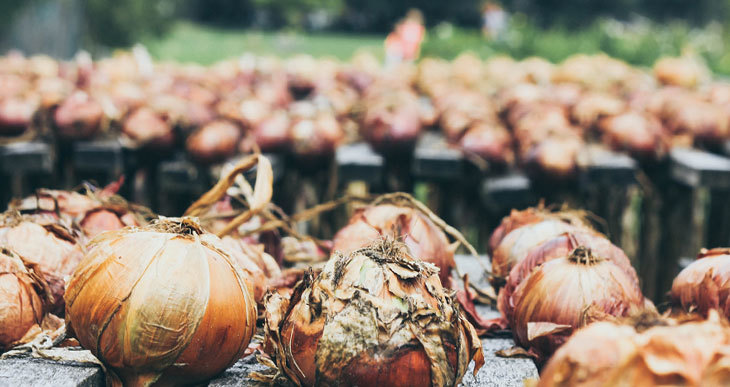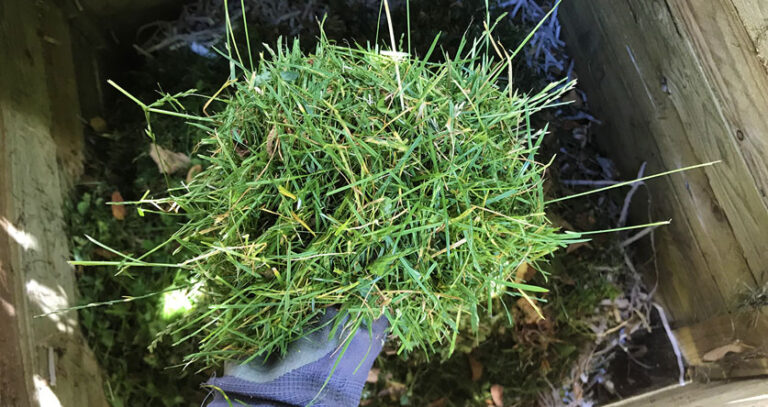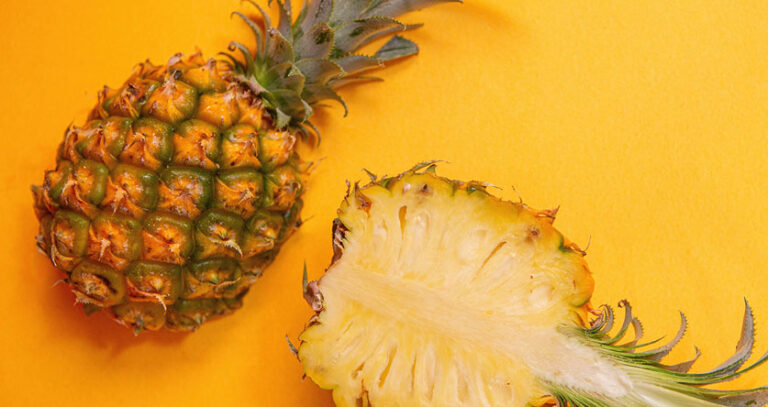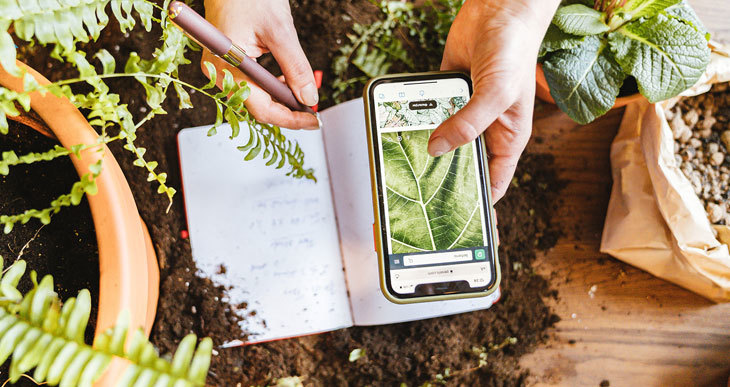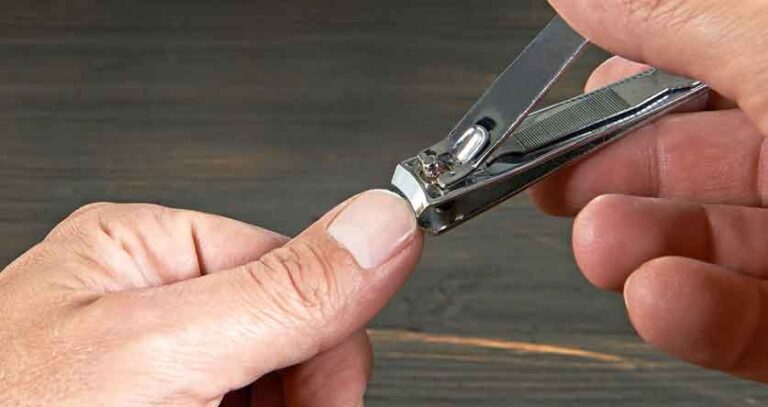Is Cork Compostable? (Read This First)
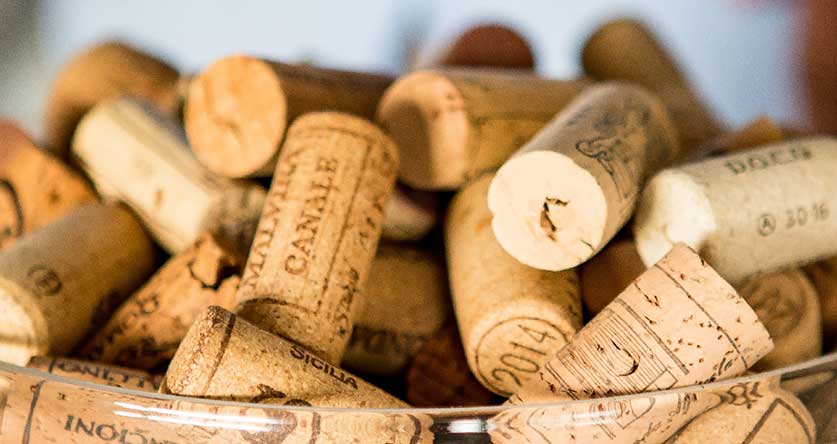
I have to admit…
I’m a bit of a wine fan!
This means I tend to accumulate a fair amount of wine corks.
And because I’m an avid composter, I often look at things around me differently. For example, I’m forever asking myself, “can I compost that?” So, of course, that question naturally applies to corks!
Corks are generally a throw-away item that most people just chuck in the trash, unsure whether they’re suitable for compost or not.
So can you put corks in compost?
Let’s find out…
Can You Compost Cork?
Cork is compostable because it is made from a natural plant-based material and is safe to compost. However, not all cork is natural, and synthetic cork is not biodegradable. Also, corks used as stoppers for toxic or dangerous chemicals should not be composted.
While natural cork is compostable, not every cork type is made from natural materials. So before you include your corks in your compost, you need to figure out if it’s natural and whether it harbors any undesirable things that are bad for your compost.
Cork is used in various products, from floor coverings to shoes and bottle stoppers for different liquids, including wine, whiskey, and other fluids.
Many of these products are usually discarded once they reach the end of their useful life.
Dumping cork in the trash means losing valuable, natural materials that can be reused, re-purposed, or recycled.
I’d suggest that a better alternative to sending your used cork products to a landfill is to compost them.
Natural cork is fully compostable and will be a helpful ingredient in your pile. So long as you stick to a few rules regarding which cork benefits your composting process.
There are many different cork products.
But what about the corks used to seal your favorite beverage? Can wine corks, whisky corks, and other bottle stoppers be composted?
Can You Compost Wine Corks?
Wine producers have changed their bottle sealing methods over the years. Historically, cork was the stopper of choice for bottles because it allows the wine to breathe and mature.
With changes in production and technology, many wine manufacturers have changed to screw-on caps or composite corks instead of the more expensive natural cork option.
Better quality wines are usually sealed with natural corks. Still, cheaper everyday wines may use composite or synthetic corks as a stopper.
Natural wine corks can be used in your compost pile. And since wine is a fermented drink, any bacteria or fermenting agents from the wine will benefit the composting process.
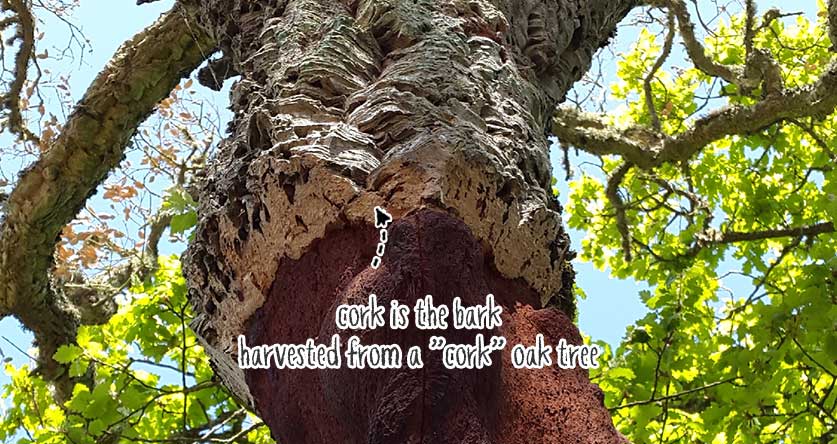
Interesting facts: Cork is an entirely natural material that comes from the bark of the “cork oak tree.” The bark is harvested about once per decade and grows back without harming the tree. These trees can live up to 200 years and provide up to 16 harvests. In addition, cork is impermeable and 100% biodegradable.
What About Composite Corks – Are They Compostable?
Composite or synthetic corks look very different from natural corks. Composite corks are more uniform in appearance and look more like a sponge than cork.
Composite corks are not made from natural organic material and will not break down in your compost pile. Consequently, you should never include these corks in your composting process.
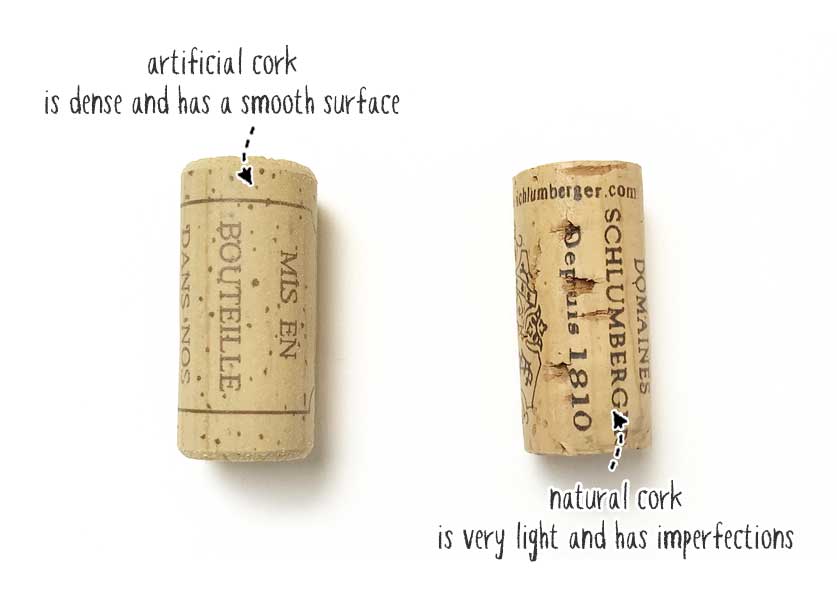
Don’t be fooled by synthetic corks! Some of them can look pretty convincing. However, natural cork is very light, and the surface has some imperfections. Whereas artificial cork is smooth and dense and probably feels slightly heavier.
But How Long Does Cork Take To Decompose?
Although cork is a natural product and can be included in your compost, it can take some time to break down if left in big chunks.
If the cork is simply dumped in your compost, it could take over 3 years to break down completely!
This longer decomposition time is due to the protective outer layer on cork that is resistant to water penetration and the action of the decomposing bacteria.
So How Should You Compost Corks
Since cork takes some time to break down, it needs some preparation before placing it in your compost.
First of all, you should ensure that any plastic, foil, or wax coverings have been removed from the cork.
To speed up the decomposition process, you need to break the cork into smaller pieces to increase its surface area and break the outer layer of the cork. This action allows the decomposition bacteria to access the inner layers and break the cork down.
With corks from bottles, I’ve found the easiest way to shred them is to rub them on a kitchen grater to crumble the cork before adding it to the compost.
You will probably struggle if you try to cut them up with a knife! They’re pretty tough to cut. If you want to chop them this way, try boiling them in a pan of water for 5-10 minutes and cutting them up immediately afterward.
For cork tiles, the best option is to put the product through a decent quality garden chipper like this to break it into smaller chunks suitable for composting. (Amazon)
Should You Recycle Cork Or Compost It?
Cork is a natural product that has value either for recycling or for composting. Either choice is preferable to simply throwing it in the trash!
Composting cork is the better option since you can use the product to boost your composting efforts.
However, if composting the cork is too much trouble (or if you do not have the equipment to shred the cork effectively), recycling the cork in your paper products would be the best choice!


